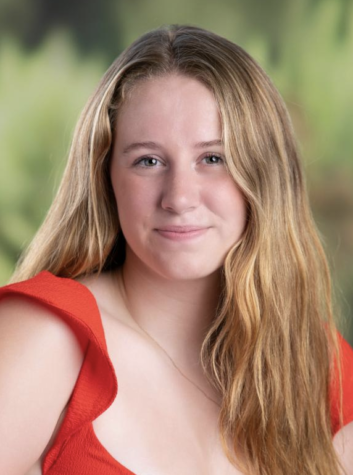Looking Back And Reaching Forward: The Administration Reflects On The Year
June 2, 2021
Throughout this year, students and teachers have worked to try and get through the pandemic together. However, while students and teachers work in the classroom, the administration has been behind the scenes keeping the school running.
Because this year has been so unprecedented, the administration’s focus has shifted to meet the needs of the school.
Head of School Than Healy’s primary goal was keeping people safe while also trying to help Menlo community members forge connections with each other. According to Healy, COVID-19, especially when distance learning was in progress, made this goal challenging to accomplish. Healy feels that a huge part of Menlo’s culture is the connections that people build with one another on campus and that the school was missing that part of its culture. “[It] was debilitating,” Healy said.
Dean of Students Tony Lapolla also noticed the challenge of keeping a similar level of connection within the Menlo community to previous years. “[It was difficult] to create a safe environment and [have] a community that interacted with each other [over Zoom],” Lapolla said.
Healy looked at the difficult parts of COVID-19 and tried to see the positives of those challenges and apply them to the school culture. He saw that the pandemic required a lot more patience and flexibility. “[We had to accept that] if it’s not perfect, it might be ok […] which isn’t a very [Menlo-like] thing,” Healy said.
In addition to cultural adjustments, Healy saw an opportunity for adjustments in functionality. Many events, such as parent meetings, or even assemblies previously done in person could much more easily be done over Zoom, saving time, money and overall effort.
Upper School Director John Schafer also had to make lots of adjustments during the 2020-2021 school year. “[We had to] get through the year,” he said. For Schafer, the year was full of managing new schedules, learning new tech and finding new ways to support students and their teachers through it all. “[We were] at the mercy of [the] larger health situation of the county and the country,” he said.
Director of Academic Innovations Maren Jinnett handled a lot of details for the school. She led and oversaw everything pertaining to learning during COVID-19, which included leading Menlo’s COVID-19 response team, working with the county, being a contact tracer, redesigning the classrooms for social distancing and heading the school’s partnership with companies like POM and One Medical.
Health Services Coordinator Joan Barada saw extreme shifts in her roles as well. With fewer people on campus for the majority of the year, she wasn’t working with students as much. “My focus was COVID and all things COVID,” she said.
For the most part, the administration felt that their efforts to mitigate the spread and combat the effects of COVID-19 were successful. Barada and Lapolla both stressed the importance of surveillance testing. Surveillance testing is the concept that anyone who comes onto campus needs to be tested to prevent and track any positive cases. The administration believes that this was very impactful in slowing the spread of COVID and keeping Menlo open.
The administration was forced to think on its feet with an ever-changing, chaotic environment impacting Menlo’s everyday life. “We made the best decisions we could have made in the moment […] – not [to] say that I think we are flawless,” Jinnett said. The members of the administration acknowledged that this was a difficult task, and they did not expect to deal with it perfectly. “I am so proud of this community,” Healy said.
Next year, the emphasis on safety will remain the same, but the administration is also hoping to return to normalcy. “We like normal, we’re used to it,” Schafer said.
According to the administration, normalcy for the upcoming year is heavily dependent on the number of people who get fully vaccinated. . “Being the Menlo we want to be [relies on people being vaccinated],” Jinnett said.



